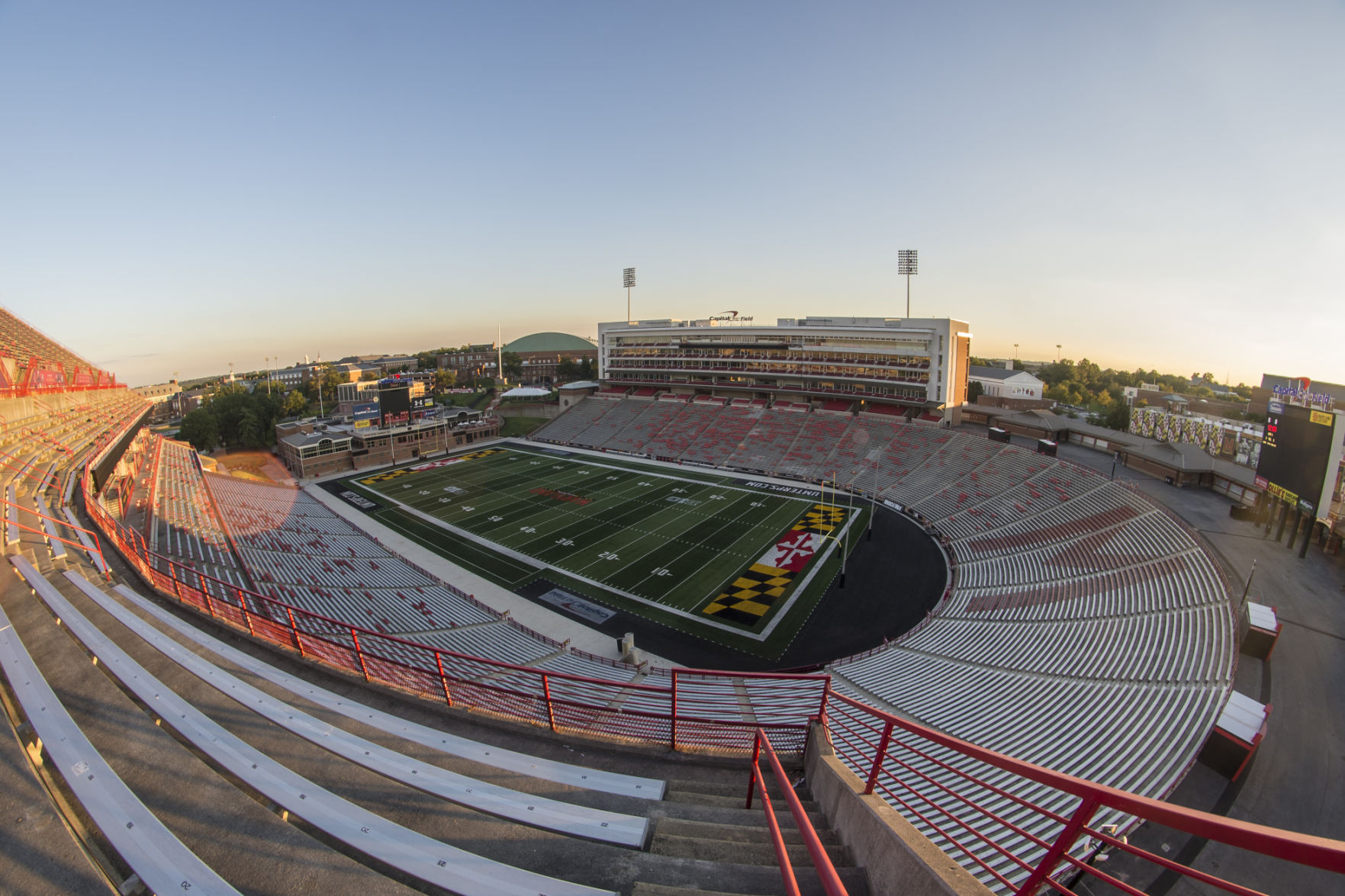
Byrd Stadium
When Moriah Ray talked with football players at the University of Maryland about how they felt playing in a stadium named after a well-known racist and segregationist, she said their answers were largely the same.
“A lot of the black football players on this team, they know the history of Curley Byrd, and they believe that the name of this stadium should be changed,” said Ray, a senior government and politics major and vice president of this university’s chapter of the NAACP. “They just don’t know how to make that happen.”
After two hours of student speakers and heated debate Wednesday night, the Student Government Association voted in favor of a bill to support changing the name of Byrd Stadium.
The final vote was 13-2, with two abstentions.
“We need to support an environment at the University of Maryland where all students are comfortable,” said freshman SGA representative Chris Ricigliano, who voted in favor of the proposal. “Certain students have made it clear that they’re not comfortable with the name, so we as the SGA have a responsibility to represent their best interests.”
Many of the speakers at the meeting expressed concern that continuing to honor Harry Clifton “Curley” Byrd — this university’s president from 1935 to 1954 who barred African-Americans from participating in sports and enrolling at this university — goes against the values of diversity and acceptance that this university strives to maintain.
“If Curley Byrd had had his way, I would not have been able to attend this university, my father wouldn’t have been able to attend this university,” said Colin Byrd, a senior sociology major and chairman of the Black Student Union’s Social Action Committee. “[Harry Byrd’s] public image dramatically conflicts with the mission and purpose of the University System of Maryland.”
Byrd, who originally submitted the bill to the SGA, said he recently reached out to university President Wallace Loh’s office, which passed the proposal to the university’s Facilities Naming Committee.
Byrd said the committee has not yet picked a time to meet and discuss the issue, but added that if the committee agrees to look further into the prospect of a name change, it could send a proposal to Loh, who could then choose to send a proposal to the Board of Regents.
But not everyone at the meeting was in favor of the name change. Bobby Lindsey, a junior government and politics major, said despite his African-American heritage, he cannot justify erasing Harry Byrd’s name from the stadium.
“There are a lot of people throughout history who have done things we disagree with that we might find absolutely reprehensible,” Lindsey said, listing historical figures such as George Washington, Martin Luther King Jr. and Malcolm X. “But their memory, their legacy, the things that they’ve done still warrant them being remembered.”
Harry Byrd worked for the university for more than 43 years, serving as a professor and athletic director before becoming president. He helped develop the program that became the University of Maryland University College, and he used university funds to build the current football stadium, which opened in 1950.
Freshman SGA representative Lindsay Strehle, one of the two who voted against the bill, said she does not believe a moral discrepancy should outweigh Byrd’s contributions.
“I thought it was setting a dangerous precedent even within the university itself, so I didn’t want to go about renaming things just because of moral ambiguities,” Strehle said. “I think that’s separate from political accomplishments.”



